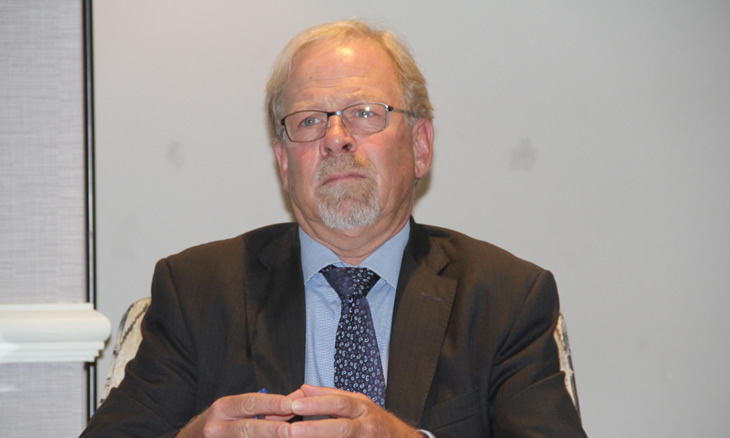COP30: Mozambique’s President calls for environmental justice for vulnerable nations, highlights ...
World Bank says Mozambique needs to improve its development strategy

Photo: O País
Although over the last 20 years Mozambique’s economic growth has resulted in poverty reduction, the poorest 40 percent of population has been left behind, the World Bank says in its report on inclusive and sustainable employment strategies, released on Thursday in Maputo. The big problem is employment.
The World Bank says that Mozambique’s development strategy needs to be strengthened to support continued poverty reduction, as the pattern of growth has not been as inclusive as in other countries in the region because of the excessive focus on extractive industry mega-projects.
World Bank director Mark Lundell also noted that many Mozambicans, especially the young, are unemployed. This generation has been forced into low-income jobs, especially in agriculture.
For Lundell, wage employment is crucial, as evidence shows that the growth of formal and informal wage-earning jobs is the main engine driving growth in low-income countries.
“It is necessary to help workers in the informal sector and to expand formal jobs: the two sectors both have fundamental roles. Those who are self-employed in agriculture and domestic non-agricultural businesses need support to diversify into activities that are linked to the modern economy. This will boost access to capital, with markets generating more productivity,” the World Bank director says.
According to UNESCO, the unemployment rate in Mozambique is around 20 percent. Of this figure, about 40 percent are young people, a proportion which is on the increase.
By Edson Arante
- Read the full Mozambique Jobs Diagnostic HERE












Leave a Reply
Be the First to Comment!
You must be logged in to post a comment.
You must be logged in to post a comment.